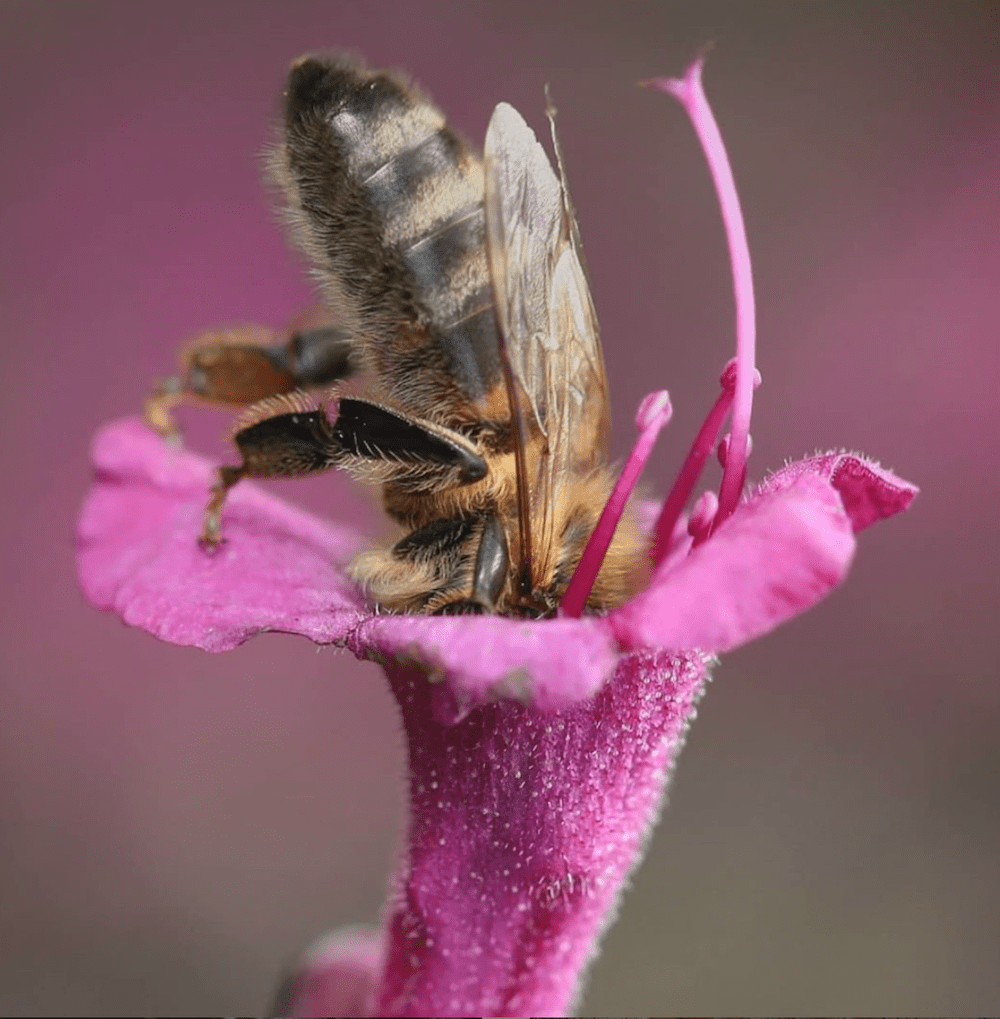Honeybee Venom Can Battle Aggressive Breast Cancer
By Jill Brooke

There’s a lot of good buzz about bees and now is another reason to appreciate these industrious do-gooders.
First, we shared the story with you about how honey has effects similar to antibiotics and now a study has been released linking bee venom to combating aggressive breast cancer.
As Scientific Daily reported, Dr. Ciara Duffy from the Harry Perkins Institute of Medical Research and The University of Western Australia, tested the venom from 312 honeybees and bumblebees. on the clinical subtypes of breast cancer, including triple-negative breast cancer, which has limited treatment options.
And guess what? It worked. Not only worked but really rapidly.
Her results were published in “Precision Oncology” and showed that honeybee venom rapidly destroyed triple-negative breast cancer and HER2-enriched breast cancer cells.
If anyone you know has had breast cancer, these are the vocabulary terms you learn quickly.
“No one had previously compared the effects of honeybee venom or melittin across all of the different subtypes of breast cancer and normal cells,” she said. “The venom was extremely potent.”
Duffy and her team put the bees to sleep with carbon dioxide and kept them on ice before the venomed barb was pulled out from their abdomens very carefully.
Dr. Duffy said the aim of the research was to investigate the anti-cancer properties of honeybee venom, and a component compound, melittin, on different types of breast cancer cells.
What’s incredible – and so very hopeful – is that the report says a specific concentration of honeybee venom can induce 100% cancer cell death, while having minimal effects on normal cells.
“We found that melittin can completely destroy cancer cell membranes within 60 minutes,” she said.
Amazing right?
Because the problem with some treatments is that it damages normal cells and weakens the whole system.
Furthermore, the honeybee venom also had another remarkable effect; Within 20 minutes, melittin was able to substantially reduce the chemical messages of cancer cells that are essential to cancer cell growth and cell division.
“We looked at how honeybee venom and melittin affect the cancer signaling pathways, the chemical messages that are fundamental for cancer cell growth and reproduction, and we found that very quickly these signaling pathways were shut down,” she said.
Furthermore, as Western Australia’s Chief Scientist Professor Peter Klinken said, “It provides another wonderful example of where compounds in nature can be used to treat human diseases.”
Yes, nature can heal. In earlier times, so many looked to nature and flowers for medical remedies.
Actually, bee venom was considered worthy of research back in 1950. But interest in homeopathic alternatives has been gaining popularity.
This is good news for all. Now further study will occur to figure out methods of delivery as well as doses needed to be effective.
In the meantime, try to plant flowers such as pansies, zinnias, marigolds and crocus to name a few. This way we are part of the solution to help make the world a better place by inviting bees to prosper in our gardens and elsewhere.
Photo: Shannon McNally
